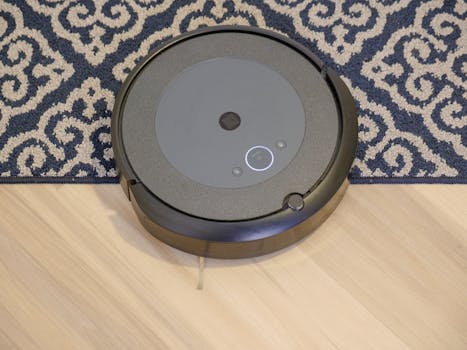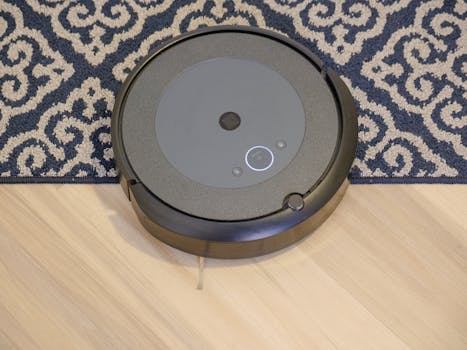
Smart Homes and Smart Living: The Technological Transformation of European Homes by 2025
Smart Homes and Smart Living are revolutionizing the way we live, work, and interact with our surroundings. The integration of smart technology in European homes is transforming the concept of living, making it more convenient, efficient, and sustainable. By 2025, it is expected that the majority of European homes will be equipped with smart technology, enabling residents to control and monitor their living spaces remotely.
Introduction to Smart Homes

A smart home is a residence that is equipped with advanced technology, allowing homeowners to control and monitor various aspects of their living space. This includes lighting, temperature, security, entertainment, and even household appliances. With the help of smart devices and sensors, homeowners can create a customized and comfortable living environment that suits their needs and preferences.
Benefits of Smart Homes

The benefits of smart homes are numerous. Some of the most significant advantages include:
- Energy Efficiency: Smart homes can help reduce energy consumption by optimizing lighting, heating, and cooling systems.
- Increased Security: Smart homes can be equipped with advanced security systems, including cameras, motion sensors, and alarm systems.
- Convenience: Smart homes can be controlled remotely, allowing homeowners to adjust lighting, temperature, and entertainment systems from anywhere.
- Improved Health: Smart homes can be equipped with air quality sensors and other health monitoring systems, helping to create a healthier living environment.
Smart Living in European Homes by 2025

By 2025, it is expected that the majority of European homes will be equipped with smart technology. This will revolutionize the way we live, work, and interact with our surroundings. Some of the trends that are expected to shape the future of smart living in European homes include:
- Increased Adoption of Voice Assistants: Voice assistants, such as Amazon Alexa and Google Assistant, are expected to become more prevalent in European homes, enabling homeowners to control their living spaces with voice commands.
- Greater Emphasis on Energy Efficiency: With the increasing focus on sustainability, smart homes are expected to play a significant role in reducing energy consumption and promoting energy efficiency.
- Integration of Artificial Intelligence: Artificial intelligence is expected to play a greater role in smart homes, enabling homeowners to personalize their living spaces and receive recommendations for improvement.
Conclusion

In conclusion, the future of European homes is undergoing a significant transformation with the integration of smart technology. By 2025, smart homes and smart living will become the norm, revolutionizing the way we live, work, and interact with our surroundings. With the numerous benefits of smart homes, including energy efficiency, increased security, convenience, and improved health, it is clear that smart technology will play a vital role in shaping the future of European homes.






